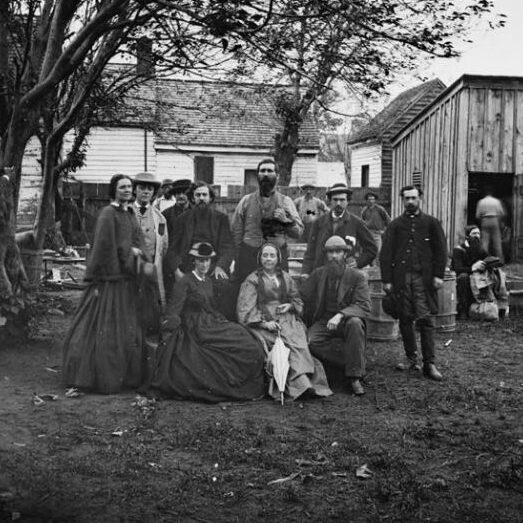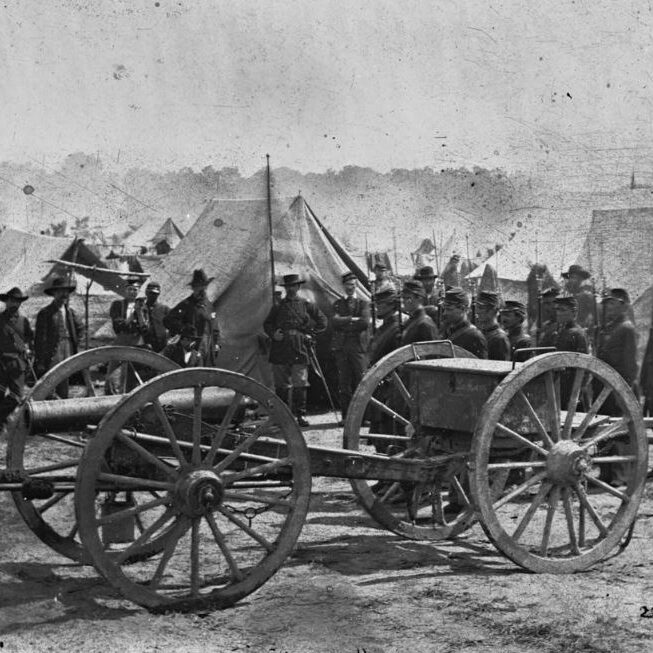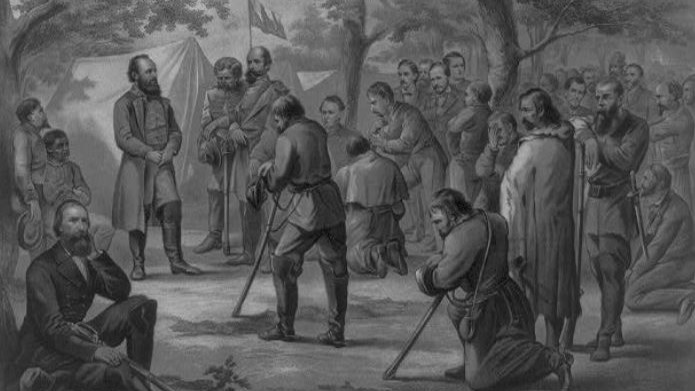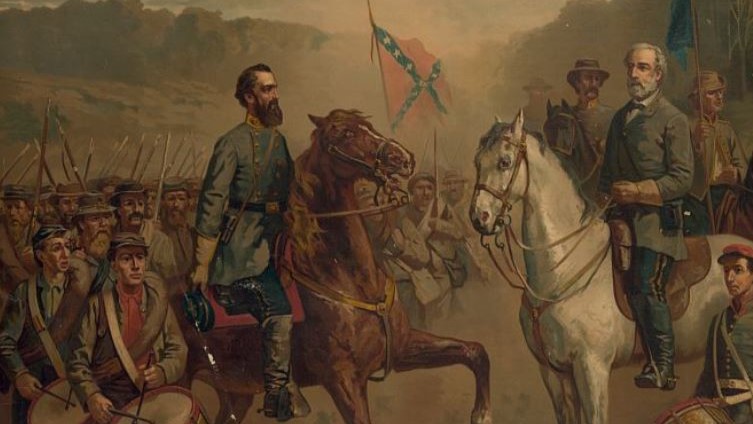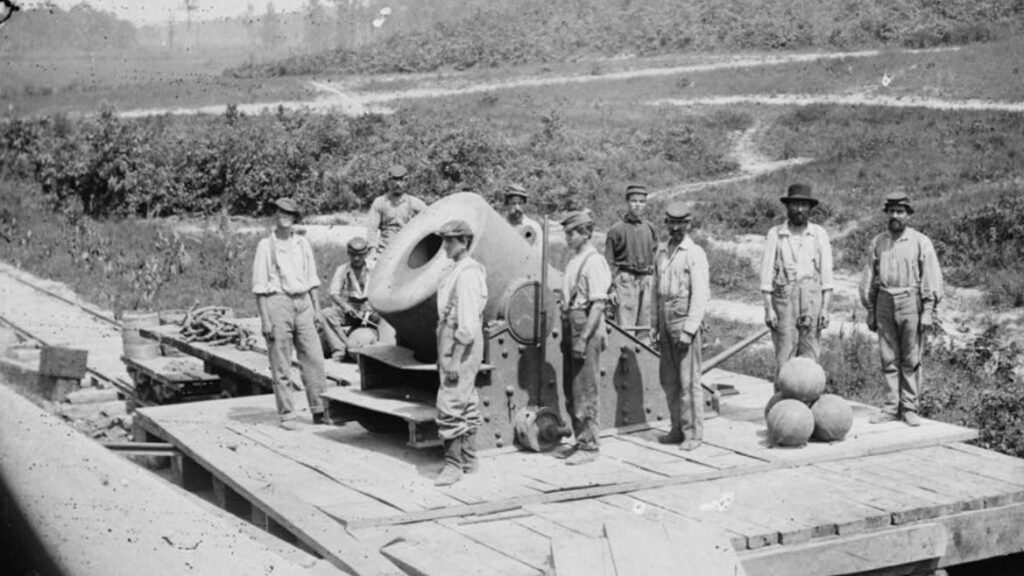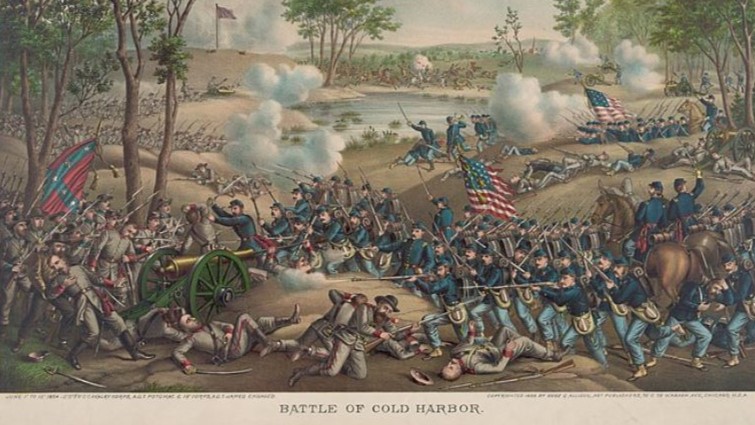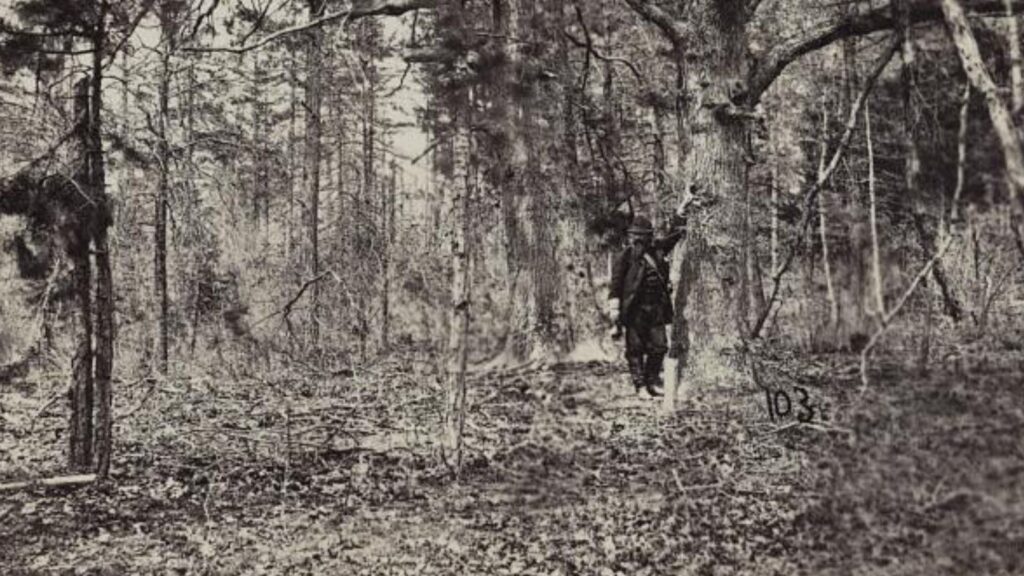The Civil War was a pivotal moment in American history, with men taking center stage on the battlefield. But what role did women play during the Civil War?
This article explores the stories of women in the Civil War, from social expectations and military restrictions to the brave actions of famous women soldiers like Sarah Edmonds and Loreta Janeta Velazquez. Join us as we delve into the legacy of women in the Civil War and celebrate their heroism.
- 1. The Role of Women in the Civil War
- 2. Why Couldn't Women Fight in the Civil War?
- 3. Famous Women Soldiers in the Civil War
- 4. Famous Female Spies during the Civil War
- 5. Famous Nurses during the Civil War
- 6. The Contribution of Black Women in the Civil War
- 7. The Legacy of Women in the Civil War
- 8. Frequently Asked Questions
- Further Reading
1. The Role of Women in the Civil War
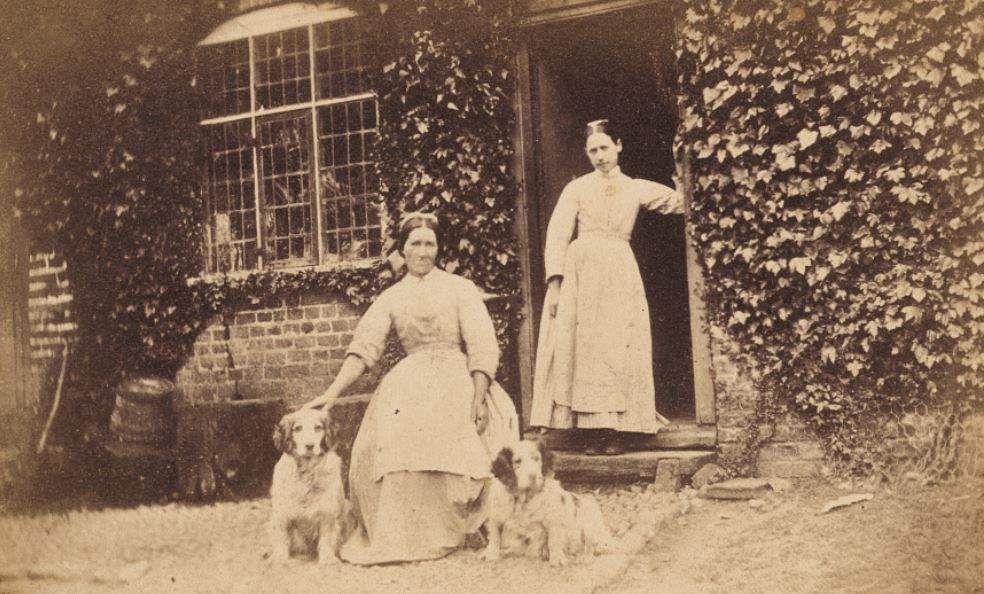
During the Civil War, women played crucial roles that challenged traditional expectations and contributed significantly to the war effort.
Women assumed various key roles during the Civil War, such as nurses, spies, seamstresses, and even soldiers in disguise.
Their impact cannot be overstated as their efforts directly influenced the course of the war.
Their contributions were instrumental in not only supporting the troops but also in advocating for greater recognition and rights for women in society. Their bravery and resilience paved the way for future generations of women to strive for equality and enablement.
2. Why Couldn’t Women Fight in the Civil War?
The inability of women to officially join the combat forces during the Civil War stemmed from entrenched traditional expectations regarding gender roles.
Society at the time firmly believed in separate spheres for men and women. The notion was that women should focus on domestic duties, caring for the family and household.
This perpetuated the notion that women were inherently frail and unsuitable for the rigors of warfare.
Historical records often showcase women’s roles as healers, cooks, or administrators during conflicts, emphasizing nurturing rather than aggressive qualities.
As a result, the realm of battle was predominantly male-dominated, with combat opportunities, leadership positions, and military recognition largely inaccessible to women.
Military Restrictions and Laws
Military regulations and laws of the era explicitly prohibited women from enlisting in the armed forces, citing concerns about discipline and combat effectiveness.
The fear of women being unable to meet the physical demands of warfare and disrupting the established hierarchy within military ranks further solidified these restrictions.
There were concerns about the potential distractions and romantic entanglements that could arise if women were allowed to serve alongside male soldiers.
These regulations also aimed to maintain the traditional notions of masculinity and femininity, firmly segregating military roles along gender lines.
3. Famous Women Soldiers in the Civil War
Unlike their male counterparts, women weren’t officially allowed to fight in the Civil War. However, that didn’t stop a determined few from disguising themselves as men and enlisting in the army.
These courageous women chose to step into a traditionally male-dominated arena, facing immense hurdles yet showcasing unwavering determination and valor in the face of adversity.
Their stories shed light on the often overlooked role of women in warfare.
Sarah Edmonds
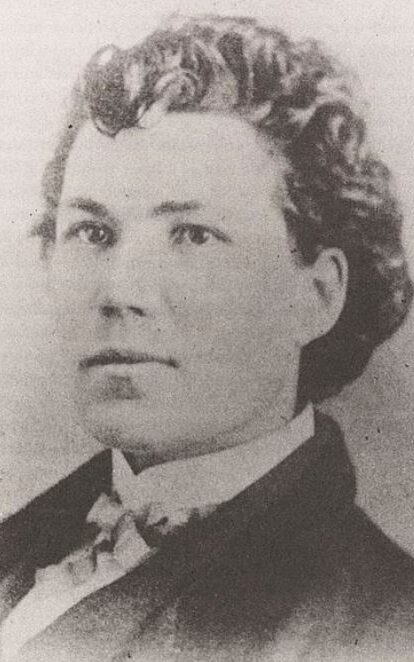
Sarah Edmonds, under the guise of a man named Frank Thompson, enlisted in the Union Army and served as a soldier, illustrating exceptional courage and dedication.
Sarah’s decision to disguise herself as a man in order to fight in the Civil War was not only a display of bravery, but also a strategic move to pursue her passion for serving her country.
Sarah Edmonds successfully enlisted in the 2nd Michigan Infantry under the alias Frank Thompson.
She braved the horrors of Antietam and Bull Run as a field nurse, but her ambition burned brighter.
Sarah endured injury and illness, even deserting briefly to avoid a hospital that might expose her secret.
After the war, she finally shed her disguise, becoming a nurse under her real name and receiving a veteran’s pension.
Throughout her time in the army, Sarah faced numerous challenges and dangers, yet she never wavered in her commitment to her cause.
Loreta Janeta Velazquez
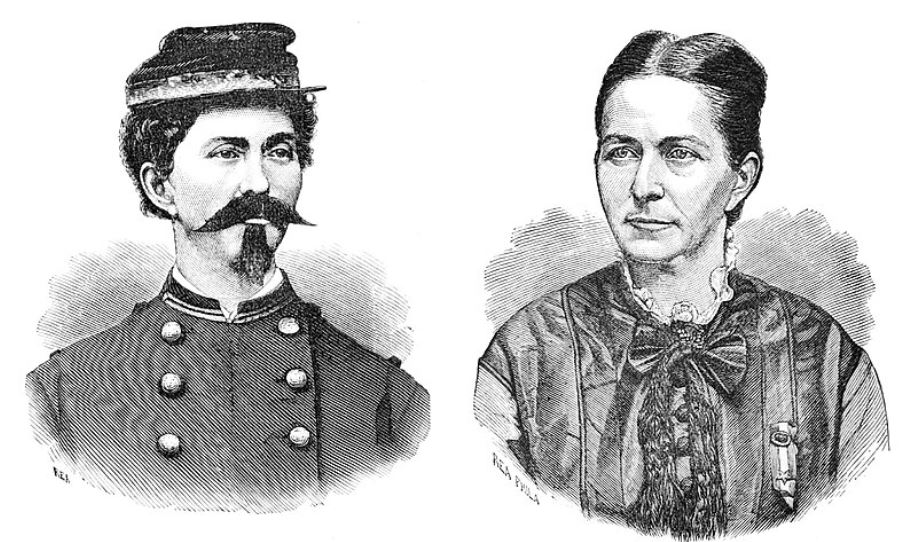
Loreta Janeta Velazquez, known for her daring act of disguising as a Confederate soldier, played a pivotal role in various battles during the Civil War.
Loreta Janeta Velazquez’s tale of Civil War service is as captivating as it is controversial. According to her own account, she embarked on a daring journey, risking her life for the Confederacy. However, the historical accuracy of her claims remains heavily debated by historians.
Inspired by the war and fueled by personal loss, Velazquez, disguised as “Harry T. Buford”. She supposedly recruited 236 Confederate soldiers in Arkansas.
Her path took her through various roles: independent soldier, spy in Washington D.C., and eventually a member of the detective corps.
She claimed to have participated in battles like Bull Run, Fort Donelson, and Shiloh, even being wounded in action.
After the war, Velazquez married twice and published her autobiography, “The Woman in Battle,” in 1876, the sole source for her wartime experiences.
Cathay Williams
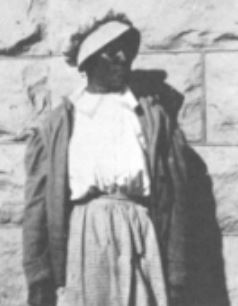
Cathay Williams wasn’t your typical Civil War soldier. Born to an enslaved mother, she defied limitations by serving in the Union Army as an army cook and a washerwoman during the Civil War.
In this role witnessed the Red River Campaign and the Battle of Pea Ridge.
After the Civil War, driven by a desire to serve, she enlisted in the 38th U.S. Infantry in 1866 – the legendary Buffalo Soldiers. Williams disguised herself as a man, using the name William Cathay to serve in the army.
Despite the challenges of a physically demanding life, she persevered, becoming the first documented African American woman to serve in the post-Civil War military.
Despite facing discrimination and hardship, she persevered and made significant contributions to the war effort.
4. Famous Female Spies during the Civil War
While the Civil War era was a time when women were largely confined to traditional roles, several remarkable women defied expectations and became spies for both the Union and the Confederacy.
Harriet Tubman: “The Conductor”
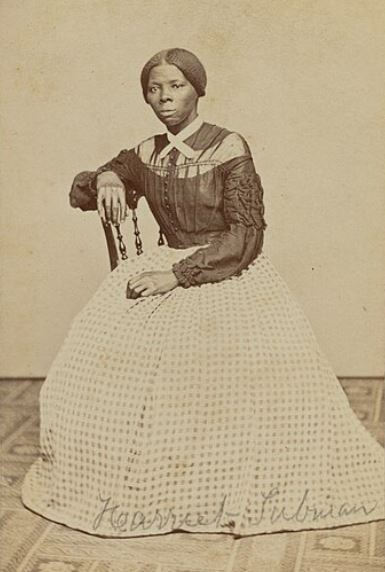
Harriet Tubman emerged as one of the most renowned female spies during the Civil War, utilizing her remarkable intelligence and bravery to gather vital information for the Union forces.
Her unparalleled dedication to the cause allowed her to infiltrate enemy lines, posing as a simple African American woman, all the while gathering invaluable information to help the Union forces. Tubman’s intelligence reports were instrumental in planning successful raids and guiding troops through treacherous terrains.
Elizabeth Van Lew

Elizabeth Van Lew, a daring and resourceful spy for the Union, operated a vast espionage network that provided crucial information and support to the Northern forces during the Civil War.
Known for her unwavering loyalty to the Union cause, Van Lew used her influential connections and bold tactics to gather valuable intelligence from within Confederate territory.
Her espionage network extended far and wide, with a team of dedicated operatives and couriers strategically placed to intercept messages, gather strategic information, and relay critical details back to Union commanders.
This network consisted of freed and enslaved African Americans, including Mary Elizabeth Bowser, who worked within the Confederate President’s mansion.
Van Lew’s espionage methods were varied and ingenious, including sending messages concealed in hollow eggs.
Her network became so efficient that she could send Union General Grant flowers and newspapers from Richmond.
Van Lew’s operations were not only instrumental in disrupting Confederate plans but also played a pivotal role in shaping Union strategies and victories on the battlefield.
Belle Boyd
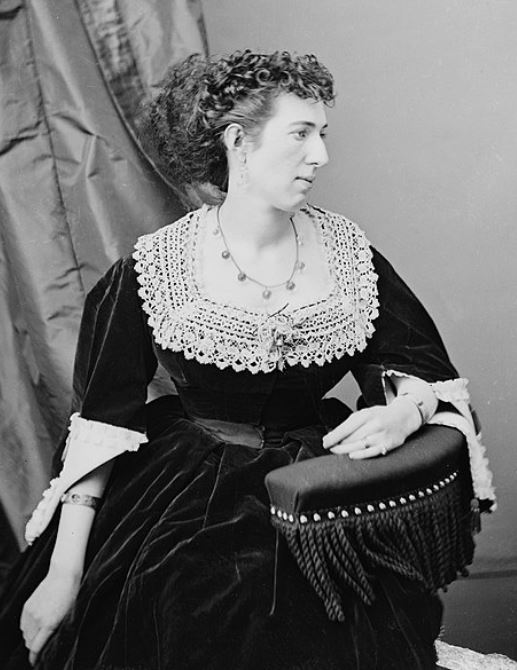
Belle Boyd, a Confederate spy known for her daring exploits and intelligence-gathering activities, played a significant role in shaping wartime strategies and operations during the Civil War.
Belle Boyd’s foray into espionage seems to have begun unexpectedly in 1861. Union soldiers searched her home for Confederate flags, angering her enough to shoot and kill one of them. Though cleared of murder, she came under close Union watch, which she cleverly used to her advantage.
Boyd allegedly charmed a Union officer into providing valuable military information, which she relayed to the Confederacy through her enslaved companion, Eliza Hopewell.
Delivering this intelligence to Confederate forces, she earned the gratitude of General Stonewall Jackson, who even awarded her the Southern Cross of Honor and honorary military positions.
Belle Boyd’s charm and wit allowed her to extract vital details from Union soldiers, making her one of the most effective spies of her time.
5. Famous Nurses during the Civil War
The American Civil War, a brutal conflict that tore the nation apart, also witnessed the rise of a new kind of hero: the battlefield nurse. These courageous women, far from the traditional societal roles of the time, ventured onto the bloody battlefields to offer comfort and care to the wounded and dying. Here, we profile three such remarkable women who redefined nursing and left an indelible mark on history:
1. Dorothea Dix (1802-1887): The Unlikely Architect
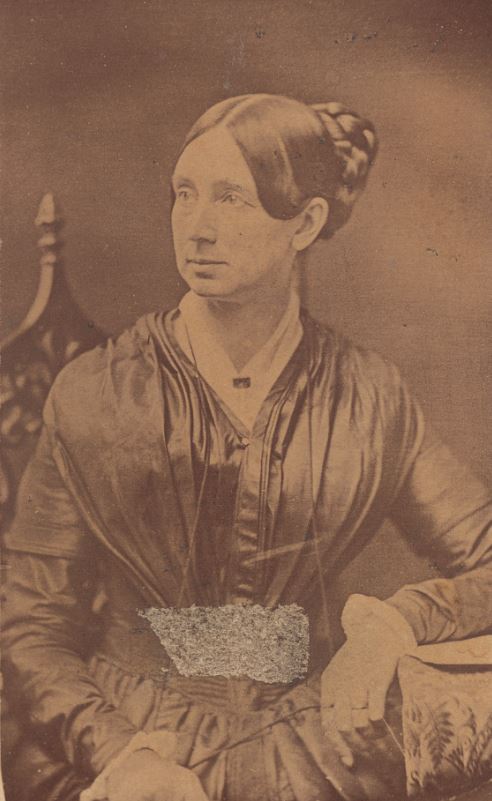
Dorothea Dix, a champion for the downtrodden, took center stage during the Civil War.
Appointed the Union Army’s first Superintendent of Nurses, she set strict standards for professionalism and compassion.
Though her methods, like favoring older nurses, were debated, Dix’s program saw over 3,000 women serve. Beyond numbers, Dix’s influence transcended battle lines.
Her nurses provided care to both Union and Confederate soldiers, a testament to her unwavering humanity. She laid the foundation for a more organized nursing corps, forever changing the way the wounded were cared for during war.
Susie King Taylor
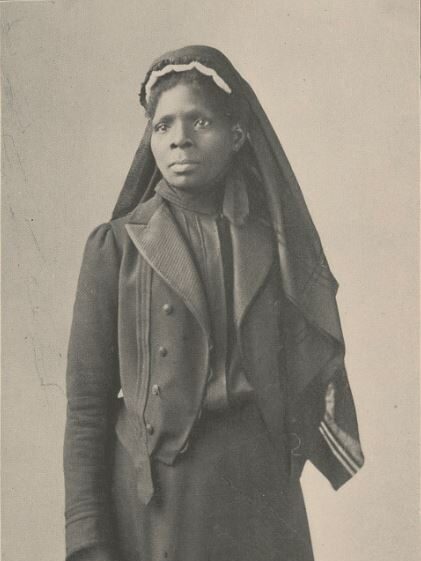
Susie King Taylor‘s story embodies the courage and resilience of African American women during the Civil War. She served as a teacher, soldier, and nurse, leaving a lasting impact on her community and the war effort.
When the opportunity arose, Susie actively participated in the war effort. She enrolled as a laundress with the 33rd U.S. Colored Troops, a regiment formed by the Union Army. However, her contributions extended far beyond official titles. She packed supplies, carried out orders, and even unofficially served as a sharpshooter. This willingness to go beyond the expected duties underscores her unwavering dedication to the cause.
Susie’s compassion extended to caring for the sick and wounded soldiers. Despite not being officially classified as a nurse, she tended to the injured, offering comfort and aid during their time of need. This act of selflessness and empathy exemplifies the humanitarian spirit that defined her character.
Clara Barton: The “Angel of the Battlefield”

Clara Barton‘s unwavering dedication to aiding the wounded earned her the moniker “The Angel of the Battlefield.”
Initially serving independently, she organized supplies and provided care to soldiers on both sides of the conflict. Recognizing the need for a more coordinated effort, Barton established the Sanitary Commission, a civilian organization that provided medical supplies, food, and sanitation services to Union soldiers.
Her tireless work revolutionized battlefield care and disaster relief. Following the war, Barton went on to found the American Red Cross, an organization that continues to provide humanitarian aid worldwide.
6. The Contribution of Black Women in the Civil War
Black women made vital contributions during the Civil War, serving as nurses, spies, and crucial support figures in various capacities that significantly impacted the war effort.
These women faced immense challenges, including discrimination and limited resources, yet their resilience and dedication never wavered. They provided invaluable aid to soldiers and freed slaves, often risking their lives for the greater cause of freedom and equality.
Nurses and Medical Assistants
Black women served as dedicated nurses and medical assistants during the Civil War, providing essential care to wounded soldiers and making a lasting impact on battlefield healthcare.
These remarkable women worked tirelessly to tend to the injured, improve sanitation practices, and offer comfort to those in pain.
Spies and Scouts
Black women worked covertly as spies and scouts, providing vital intelligence and strategic support that influenced key wartime decisions during the Civil War.
These brave women risked their lives to gather crucial information on enemy movements, supply routes, and troop deployments, often operating behind enemy lines with remarkable courage and resourcefulness.
By infiltrating Confederate territories, intercepting coded messages, and posing as servants, they were able to glean valuable insights that helped Union forces gain strategic advantages.
Freed Slaves and Refugees
Black women played instrumental roles in assisting freed slaves and refugees, offering support, guidance, and sanctuary during the turbulent times of the Civil War.
Black women in the Union North played a crucial role in spreading word of emancipation to enslaved people in the South through a variety of covert and courageous methods. They risked everything to spread news of freedom to slaves in the South. They used coded messages in songs, personal networks, and even conversations with Southerners to plant seeds of hope and guide them towards emancipation.
These courageous women took on various tasks, from nursing the wounded to organizing supply distributions, proving to be vital pillars of strength in moments of chaos and uncertainty.
7. The Legacy of Women in the Civil War
The legacy of women in the Civil War transcends their wartime contributions, paving the way for future generations to advocate for equal rights, and redefine traditional narratives of women’s roles in history.
During the Civil War, women stepped into roles traditionally reserved for men, working as nurses, spies, and even soldiers on the battlefield, showcasing their resilience and capability beyond societal expectations. These actions not only demonstrated their willingness to fight for causes they believed in but also challenged the notion of women as solely domestic caregivers.
Post-war, the experiences of these women fueled the burgeoning movements for suffrage and broader equal rights, with their stories serving as inspiration for later generations of women activists.
8. Frequently Asked Questions
How did women contribute to the Civil War?
Women played a significant role in the Civil War, both on and off the battlefield. They served as nurses, spies, and even soldiers, making important contributions to the war effort.
Why couldn’t women fight in the Civil War?
At the time, it was believed that women were physically and emotionally unfit for combat. Therefore, they were not allowed to join the military and fight in the Civil War.
Who were some famous women soldiers in the Civil War?
Some well-known female soldiers during the Civil War include Sarah Emma Edmonds, who disguised herself as a man to fight, and Loreta Janeta Velázquez, who fought for the Confederacy under the name Harry T. Buford.
What role did black women play in the Civil War?
Black women played a vital role in the Civil War, serving as nurses, cooks, and laundresses for both the Union and Confederate armies. They also worked as spies and provided support for soldiers on the battlefield.
Who was the most famous female spy in the Civil War?
Belle Boyd is often considered the most famous female spy of the Civil War. She provided valuable information to Confederate generals and was even arrested multiple times for her activities.
Did women pretend to be men in the Civil War?
Yes, some women disguised themselves as men and fought in the Civil War. Some were discovered and discharged, while others successfully kept their identities hidden and served throughout the war.
Further Reading
If you enjoyed this article, you may be interested to read more about the American Civil War events, or perhaps read about the South’s important victories. Read here for more general American history.

